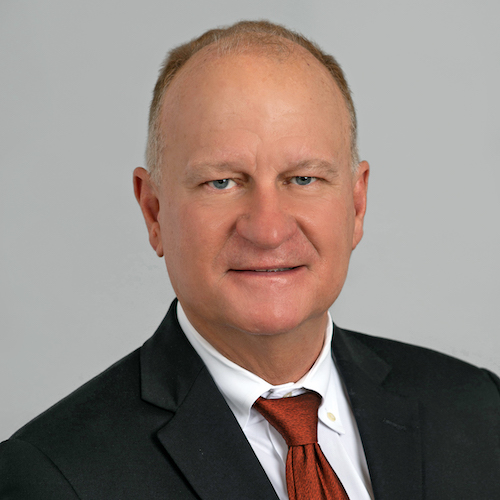By Jim Butler and the Global Hospitality Group®
Hotel Lawyers | Authors of www.HotelLawBlog.com
5 March 2020
See how JMBM’s Global Hospitality Group® can help you.
Click here for the latest articles on the coronavirus and here for the latest on force majeure.
In the article below, JMBM partner Mark Adams discusses the coronavirus in relation to force majeure provisions in contracts. This legal concept goes back centuries, but has become increasingly relevant as COVID-19 may be advanced by many in the coming days as a defense to breach of contract. This article is one of a series which will discuss the principles of force majeure and the commercial implications of the coronavirus.
We start with a brief explanation of the concept and trace its roots.
COVID-19 coronavirus as a force majeure defense
to contractual non-performance
by
Mark Adams
One often doesn’t know the extent of one’s insurance coverage until a calamity occurs. So it is with force majeure provisions in contracts.
Typically, force majeure provisions are included in contracts to excuse a party from contractual obligations if some unforeseen event beyond its control prevents performance of its contractual obligations.
As of March 2, 2020, there have been 88,948 confirmed cases of this strain of the coronavirus (COVID-19) in 64 countries with 3,043 confirmed deaths. The first reported case of COVID-19 was just over two months ago on December 31, 2019 from Wuhan, China. The effects of this coronavirus have already prevented or delayed performance in countless agreements in numerous industries causing widespread commercial loss and business interruption. It is likely that travel restrictions, worker shortages, immigration quarantines, supply-chain disruptions, and event cancellations will worsen before they begin to recover. And now, those affected are dusting off their agreements to examine their force majeure provisions and determine whether they might cover a coronavirus event.
The concept of force majeure (meaning superior force) originated in the Napoleonic Code of 1804. The breaching party to an agreement was condemned unless their non-performance or delay in performance resulted from a cause that could not be imputed to them, and by a cause of a superior force or of a fortuitous occurrence. Today, most tribunals, both in common law and civil law systems, recognize that contractual performance that becomes impossible or commercially impracticable under certain contexts may be excused. That said, the words in the parties’ force majeure provision controls, and that provision is deemed to be the parties’ negotiated allocation of who bears the risks of particular catastrophic events as between them.
In this series, we will highlight the commercial impact of the COVID-19 coronavirus disease on the performance of contracts, the potential safe harbors from force majeure provisions, and drafting considerations for negotiating force majeure provisions in future contracts based on the lessons learned from this coronavirus event.

Mark has taken or defended nearly 1,000 depositions throughout North America, Europe and the Middle East. He has been quoted as an expert on noncompete agreements in the Wall Street Journal. For more information, contact Mark at 949.623.7230 or [email protected].


